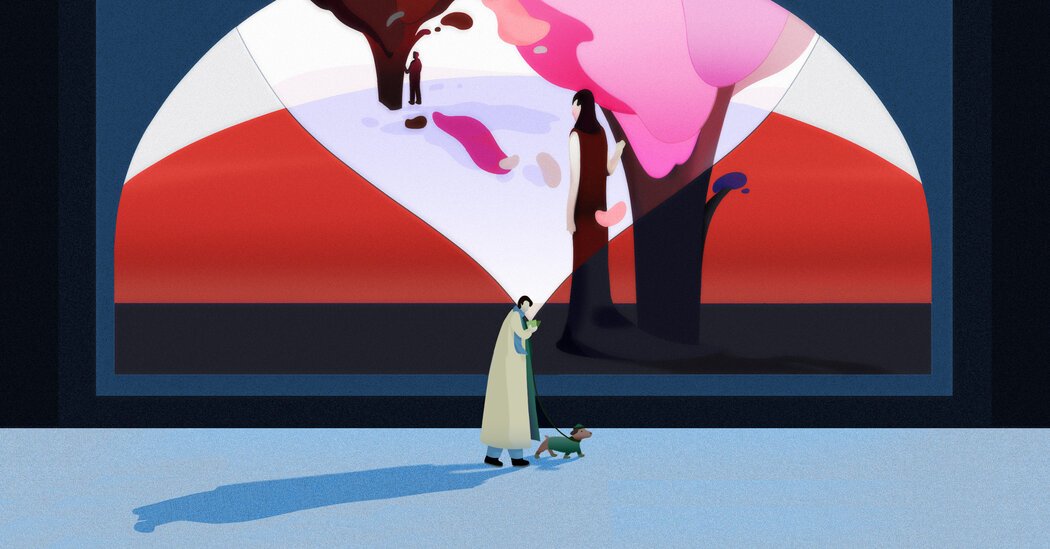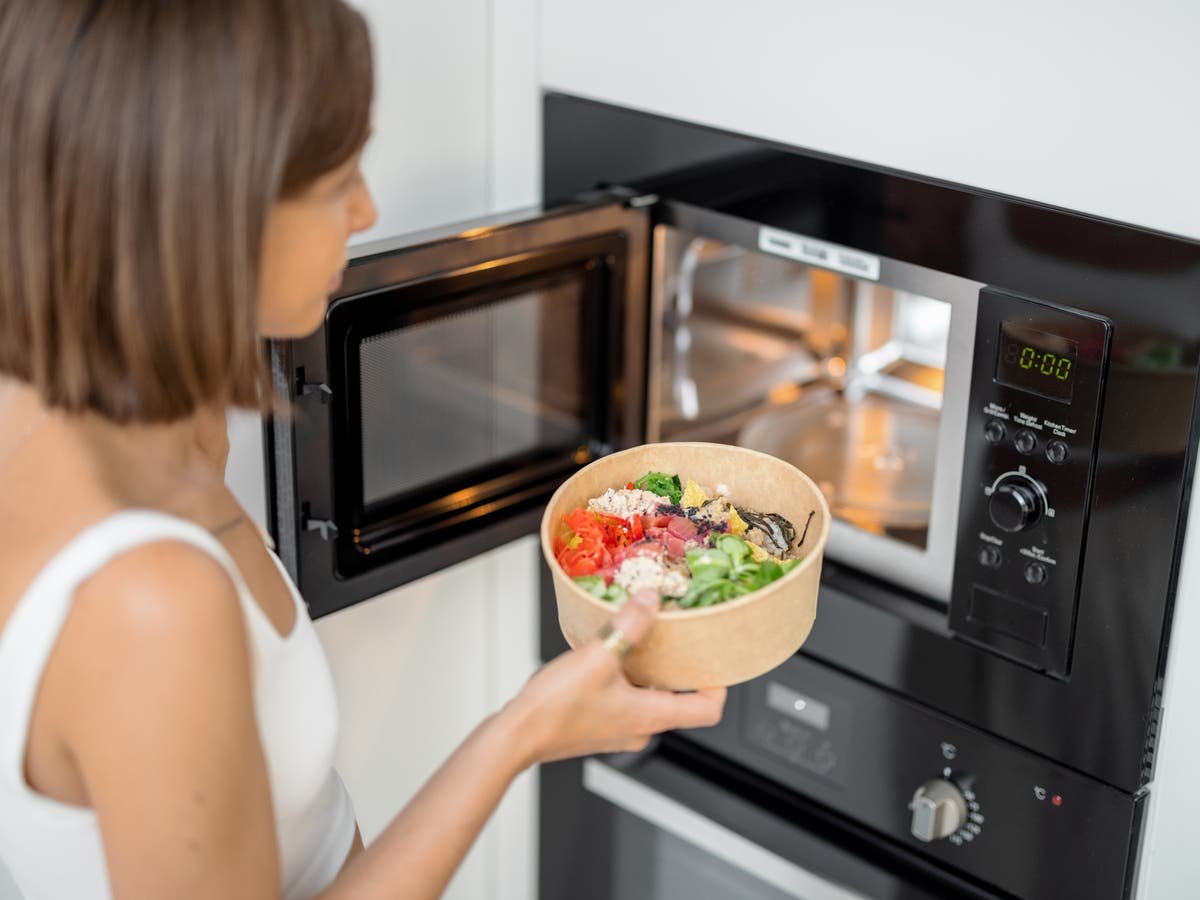
The foods that should never be reheated in the microwave, according to experts
Your support helps us to tell the story
From reproductive rights to climate change to Big Tech, The Independent is on the ground when the story is developing. Whether it’s investigating the financials of Elon Musk’s pro-Trump PAC or producing our latest documentary, ‘The A Word’, which shines a light on the American women fighting for reproductive rights, we know how important it is to parse out the facts from the messaging.
At such a critical moment in US history, we need reporters on the ground. Your donation allows us to keep sending journalists to speak to both sides of the story.
The Independent is trusted by Americans across the entire political spectrum. And unlike many other quality news outlets, we choose not to lock Americans out of our reporting and analysis with paywalls. We believe quality journalism should be available to everyone, paid for by those who can afford it.
Your support makes all the difference.
It can be tempting to warm up leftovers for a quick lunch or snack, but experts say that it could be doing more harm than good.
While, some foods are safe to put in the microwave to reheat, there are some that should be absolutely avoided.
Below are the foods that shouldn’t be put in a microwave.
Hard-boiled eggs

“Never microwave a hard-boiled egg,” Amanda Holtzer, a registered dietitian in Nutley, New Jersey told Fox News Digital.
“Doing so causes steam and pressure to build in the egg white — and can lead to an eruption when the egg is cut into.”
“This eruption can happen in the microwave, on your plate or, frighteningly, in your mouth when you bite into the egg,” she said.
Rice

While many will have heard about ‘fried rice syndrome’, a type of food poisoning that occurs when certain dry foods, such as pasta and rice are heated and left out too long, rice can be reheated in certain conditions.
The NHS says: “With rice, make sure it’s cooled within 1 hour and then goes straight in the fridge or freezer.”
It adds: “Rice kept in the fridge should be eaten within 24 hours. Never reheat rice more than once.”
Frozen food
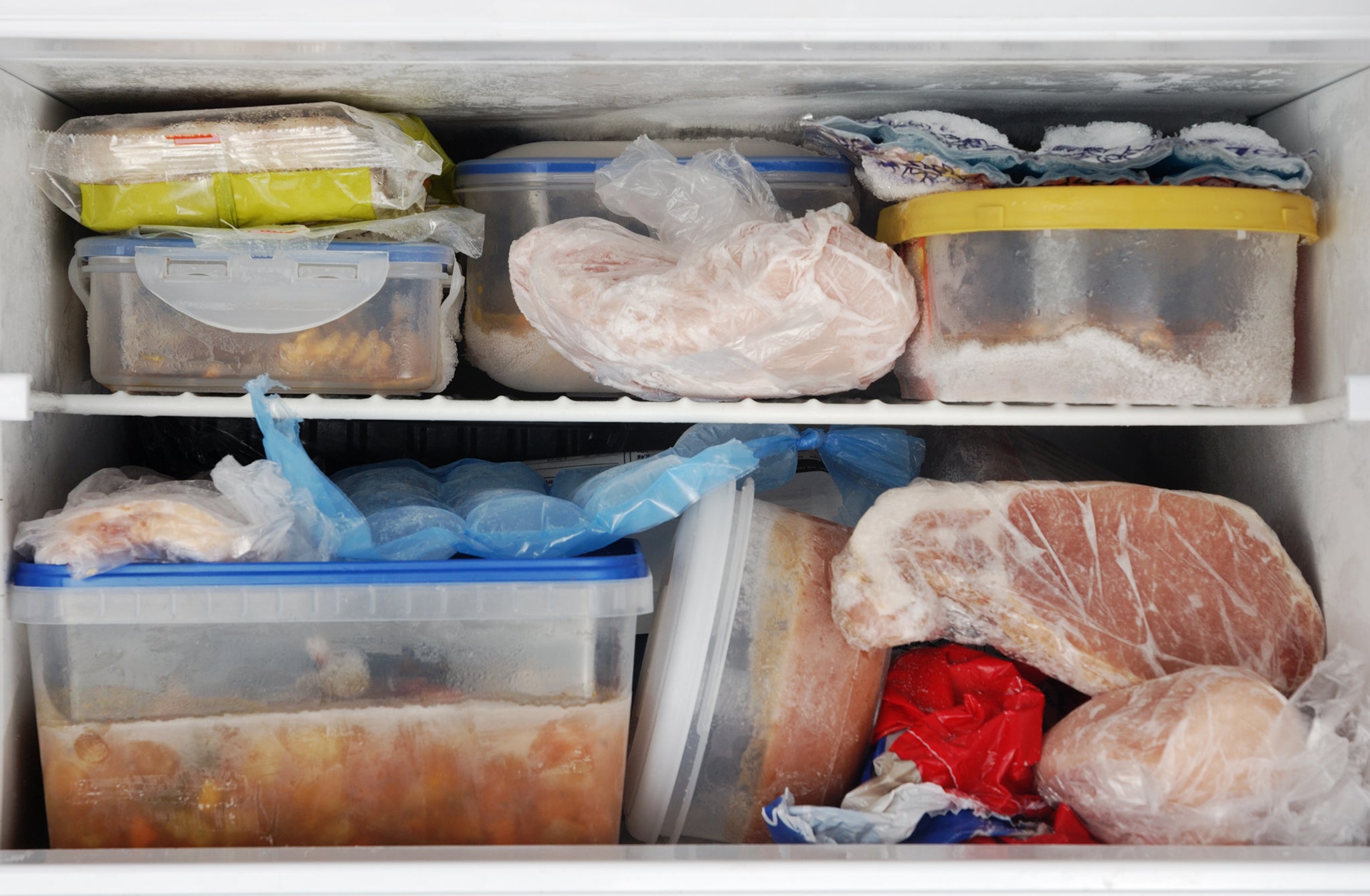
“Defrost frozen food thoroughly before reheating,” the NHS advises.
“The safest way to do this is in the fridge (never do it at room temperature) or using the microwave’s defrost setting. Once food has been defrosted, eat it within 24 hours.”
It suggests extra precaution when feeding a baby: “When reheating food, make sure it’s steaming hot all the way through, then let it cool before giving it to your baby.
“If you’re using a microwave, give the food a good stir to get rid of any hot air pockets, and always check the temperature before feeding your baby.
“Any already-cooked food you’re feeding your child should only be reheated once.”
Vitamin C rich foods
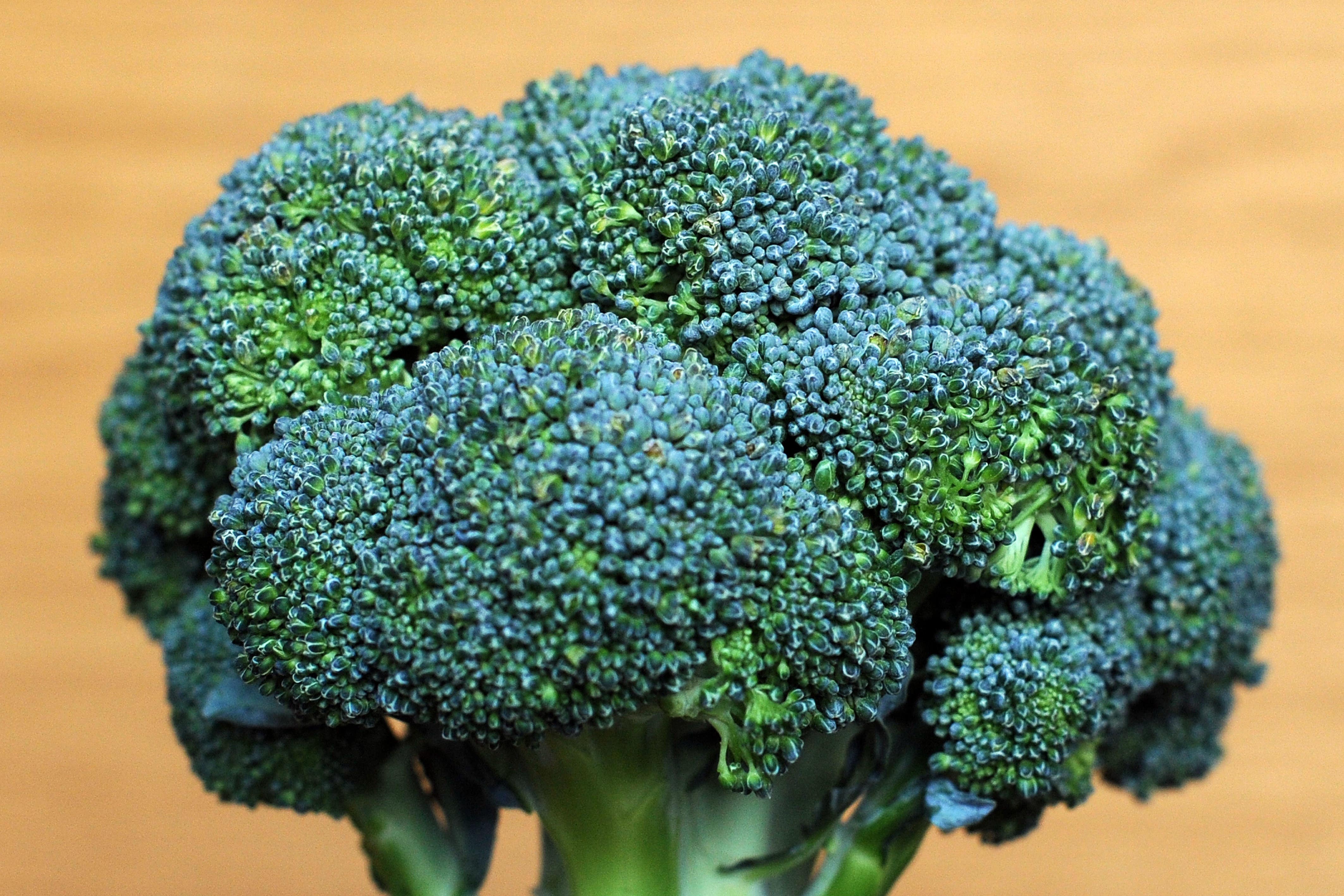
“When exposed to heat, vitamin C is degraded and destroyed,” Holtzer said. Examples of vitamin C rich foods include leafy greens, broccoli, bell peppers, and berries.
“To maintain the integrity of the vitamin C in these foods, I recommend consuming them raw as often as possible,” Holtzer said.
Chicken
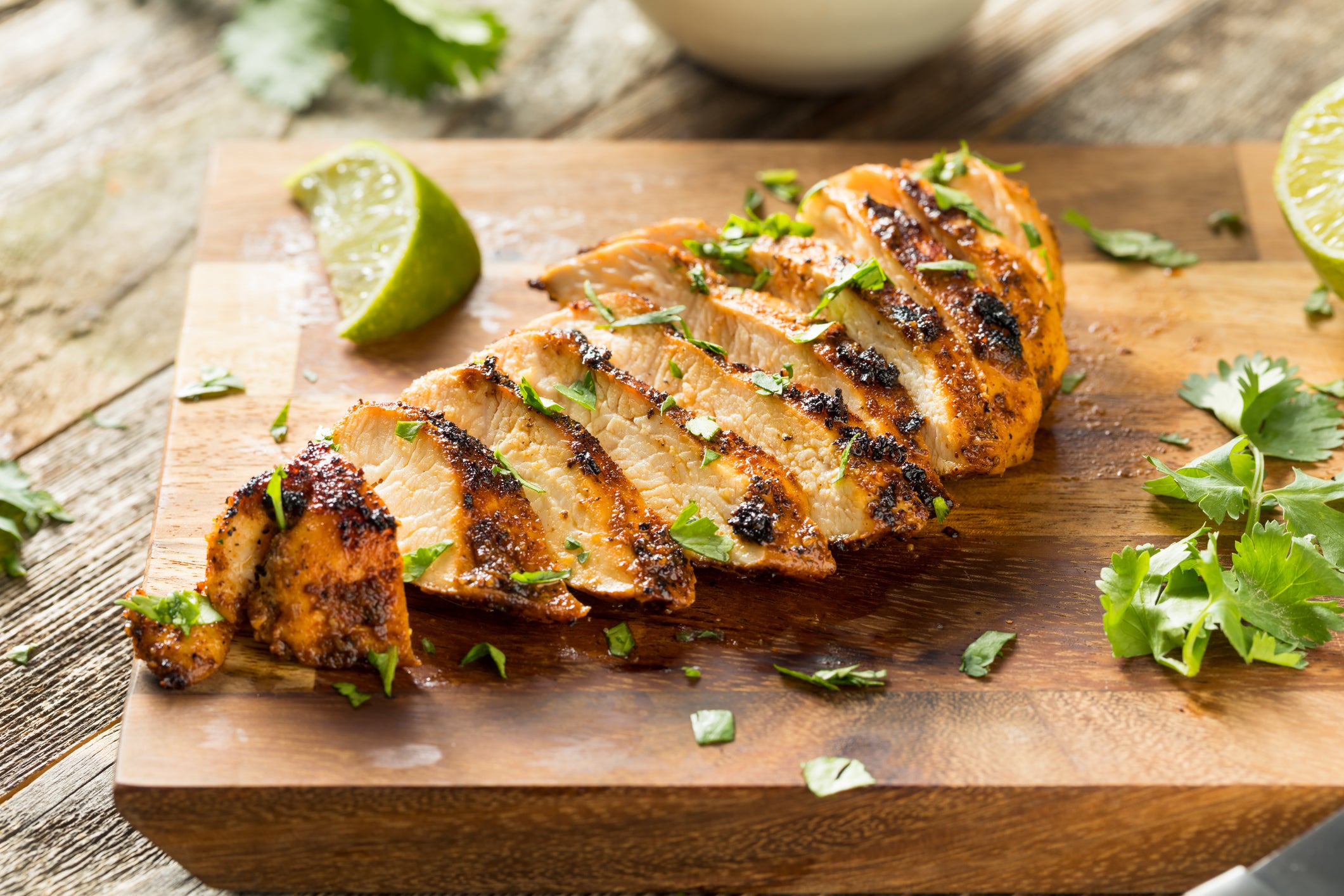
Holtzer says that from a food safety perspective, there’s no harm in reheating chicken.
“However, from a quality-control perspective, I would recommend against reheating chicken,” she said.
“When chicken is stored in the refrigerator after cooking, the fats in the meat can oxidize, which can change the chemical structure of the chicken and therefore the taste.”
She continued: “Then, when reheated, any moisture that was in the chicken evaporates, thus leaving you with chicken that has both an off taste and texture.”
Seafood
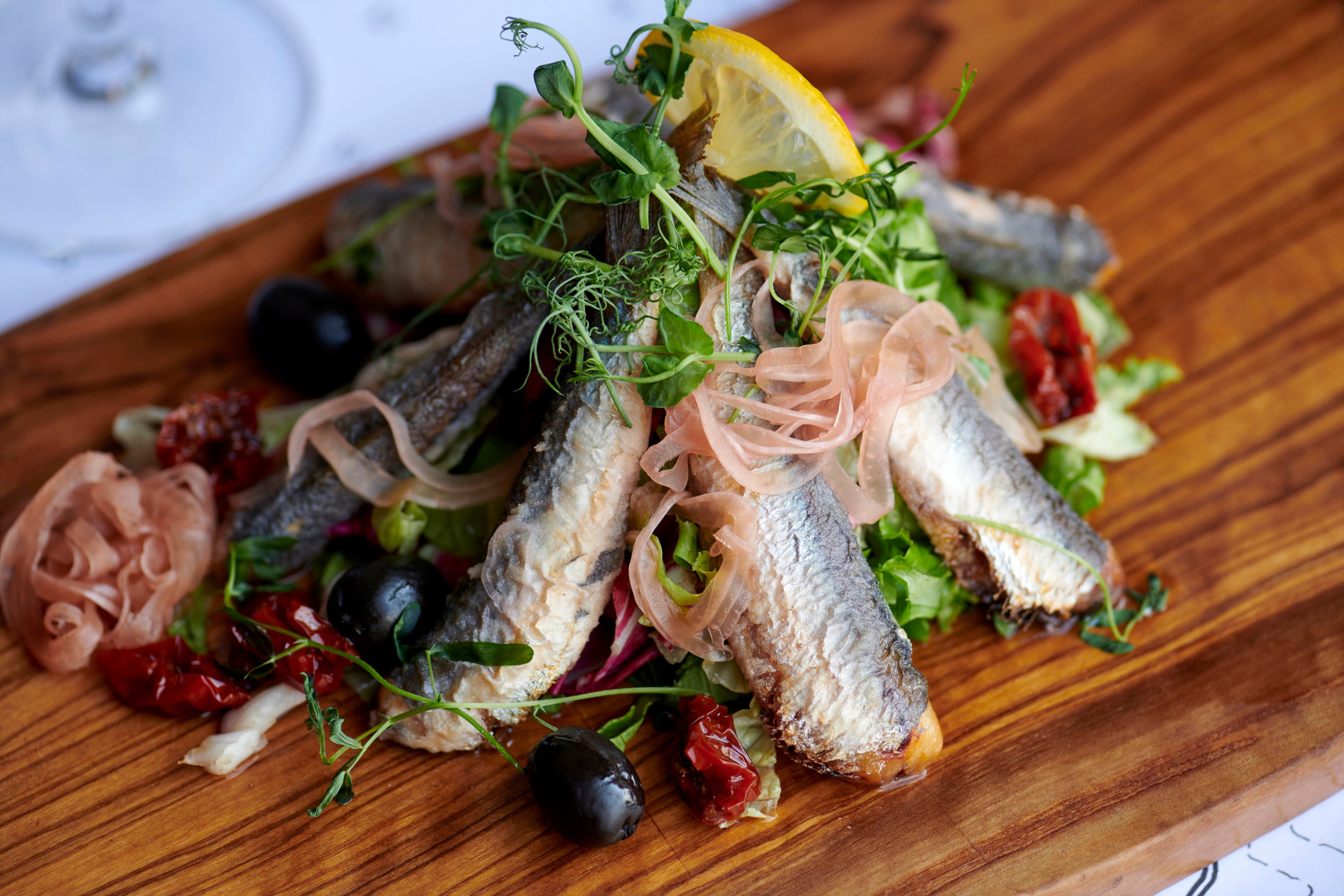
“Fish is one food I recommend you do not reheat at all,” Holtzer warned.
“The high heat from a microwave can cause the moisture in fish to quickly evaporate, which can cause a very dry, rubbery texture.”
“Seafood is an absolute no-go for me,” Nuetzi, corporate executive chef for Valor Hospitality in Atlanta, Georgia, told Fox News Digital.
“It is really difficult to reheat any seafood without suffering some adverse effects, but reheating seafood in a microwave in particular will dry it out.”
Steak

“Reheating steak can cause it to lose its tender texture and flavor as the additional heat tends to dry out the meat and make it tough,” Nuetzi said.
“Additionally, reheating often results in an uneven temperature. Parts of the steak may become overcooked, while others remain cold.”


